By Jack Chelgren | Associate Editor
A couple weeks ago, poet and essayist Kevin Young stopped by Hugo House to give a lecture on craft for the Word Works series. It was billed as a talk “On Throwing Your Voice,” in keeping, I guess, with Hugo House’s theme this season of basing its programming on literary clichés. But Young didn’t say much about his cliché; he wasn’t so much interested in projecting as rejecting. The talk might have been titled “On Throwing Out ‘Voice’ as a Concept,” because what Young really wanted was, as he put it, to offer “some ways out of voice,” and to point out some helpful alternatives in poetry, painting, and music.
The lecture felt more like erudite notes or sketches than a systematic statement, which wasn’t to its detriment, mostly. I wished Young had spent a bit longer justifying why the term voice is a problem, but his remarks and the subsequent Q&A with poet and scholar Jane Wong raised a number of points that made me approach the word and other literary taken-for-granteds with a new suspicion.
Given the free organization of the talk, it seems fitting to structure this response as a list of key points, with summary and commentary. I’ve paired each point with a meme, in keeping with one of Young’s core arguments: that voice is often inconsistent and polyvocal. The blend of riffing and bootlegging found in memes parallels Young’s explanation of voice as the product of ongoing adaptation and imitation. A voice can be direct and distinctive, but also allusive and circumspect. Memes express these same contradictory qualities.
Here, then, are nine things Kevin Young wants you to know about voice.
1. The word voice isn’t useless.

It’s helpful, Young said, for locating a poem’s narrative in the body. It can teach poets that their subject matter isn’t something outside them, something to go looking for like a lost pair of sunglasses or a soulmate. A poet’s subject matter is their own orientation to a particular topic, the interplay of writer, writing, and topic. This interplay, Young suggested, might be what Lucille Clifton is talking about when she asks why there’s “always / an other poem” lingering under the poems she writes.
2. Even so, there are better words than voice for talking about the same thing.
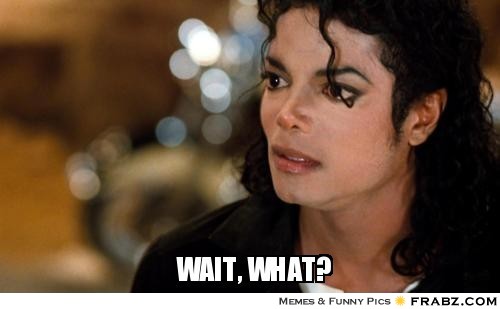
Why, you ask?
3. One problem is that voice tends to emphasize naturalness and authenticity, neither of which really matters in a poem.

As anyone who’s ever taken an art class well knows, a certain detachment from lived experience can help artists, writers, and musicians explore their subject matter in unconventional and productive ways. But in reality, the detachment is always there—even if a poem seems direct or immediate, it’s still the product of artifice and rhetorical choices that create the illusion of immediacy.
Young argued that voice, with its connotations of genuineness, risks ignoring the complex mediations that go into all narratives. It’s a valid point, but I think he may have overstated the connection between voice and authenticity. People adopt different voices at different moments in their lives, and such code shifting, I think, has been incorporated into most folks’ understanding of voice. We know that voices shift, change, and contradict themselves—that not every voice is a “genuine” voice. Perhaps, then, the concept isn’t as brittle as Young claimed.
4. Another problem is that what you think of as your voice isn’t just yours.
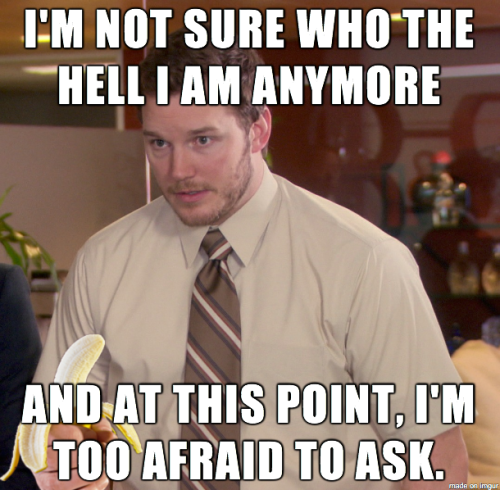
Your voice, said Young, is also the voice of everyone and everything that taught you to speak—all the people and books and songs and TV shows and signboards and video games. Hence one of the problems with the old creative writing myth of “finding your voice”: when you find your voice, really what you’re finding is voices, complex assemblies that mutate between and across texts.
5. And still a third issue is that the word voice doesn’t mean the same thing for everyone.
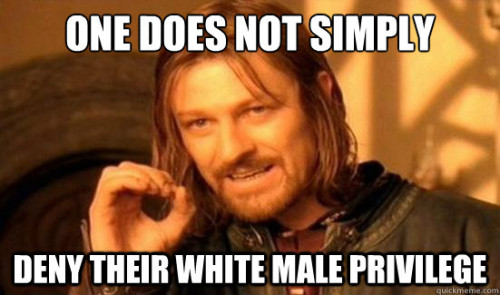
Having a voice is an essential part of political agency. But as Young reminded us during the talk, many people have historically had their voices silenced, while others have been able to take theirs for granted. An axiom like “find your voice” therefore means something quite different for some folks than for others.
The takeaway? Many of us in creative writing haven’t given enough consideration to the politics of voice.
But what better word(s) should replace it?
6. When we talk about voice, we often mean tone.
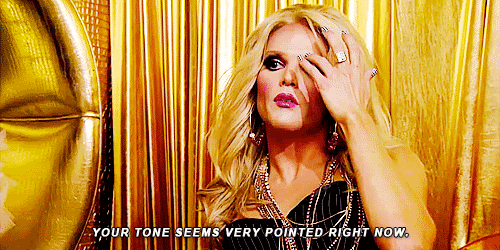
More than voice, perhaps, tone carries the expectation of change. It suggests gradations, an array, “a panoply of voices,” as Young put it. It’s mercurial and inconsistent, like John Berryman’s poem “Dream Song 14,” which Young cited as an exemplar of ambiguous tone, wavering between cheek and malaise. Tone, Young concluded, is an embouchure: “a way of holding the mouth so it makes more than speech.”
A tone, furthermore, can be just as distinctive and personalized as a voice. Apropos of the embouchure metaphor, Young brought up the Miles Davis album Jack Johnson, a two-track LP where, for the first few minutes, Davis doesn’t play—it’s just drums, guitar, and bass. Yet the music is unmistakably Miles. That kind of tonal control, Young said, is the mark of a masterful artist: “You’re not even in it and it’s still all yours.”
7. A good way out of voice is by “fighting your hand.”
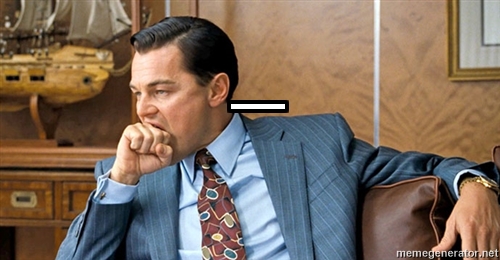
“Fighting your hand” means imposing limitations on your artistic practice: writing a poem that excludes the first-person pronoun, say, or painting with your hands balled into fists (as Jean-Michel Basquiat was reported to do). The point, Young explained, is that too much technical ability can interfere with good art. By hindering their draftsmanship, artists can shift the focus of their work from representing the natural—often the mandate of a voice—toward creating a symbolic language appropriate to the piece. In a wonderful irony, by limiting yourself, you make work that transcends your limitations.
8. Critiquing voice doesn’t mean poems shouldn’t be political or based on real life.
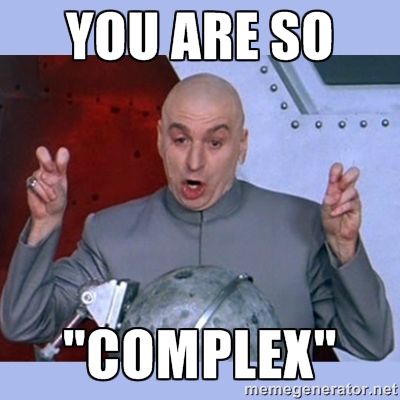
It means the narrative structures we call voices are more complicated than that word gives them credit for. Poems can absolutely address real-life events, situations, feelings, and people—at no point did Young seek to question this. But he made it clear that when a poem addresses real life, the address is filtered through layers of narration, and real life comes out changed by the process. Nothing in a poem is unmediated.
9. Finding the language to write about real life is hard, but it pays off.

During the Q&A, Young and Wong discussed how, early in their careers, they felt discouraged from writing about their families. Part of it, they speculated, stemmed from the literary world’s aversion to the personal, the prevailing idea that kinship, love, and related topics automatically lead to sentimental slush.
But although neither Young nor Wong said this, I came away from the Q&A wondering whether another reason writing about close-to-home topics like family often gets pooh-poohed is simply because it’s quite difficult to do. Near the end of the lecture, Young introduced a pair of terms: codes and myths. He explained that inexperienced writers tend to rely on the former, using images, metaphors, and storylines that, once deciphered, lose their value. Mature artists, by contrast, create constellations of ideas, senses, and words that function as a system within their piece. These are myths. Unlike codes, myths don’t expire after one use, but retain their mystery and force the more you study them.
I appreciated these terms, but I wished Young had touched on the difficulty of creating myths about something you know really intimately—even if you’re a mature writer, even if you fight your hand. That difficulty was why Richard Hugo liked to write about unfamiliar places. “With the strange town,” Hugo said, “you can assume all knowns are stable, and you owe the details nothing emotionally.” It can be draining, daunting, and traumatic to write what you know all-too-well.
What Young did make quite clear, though, is that if you’re able to tackle the things closest to you, doing so can provide clarity, healing, and community like few other things can. Certainly, not everybody wants to write on others’ behalf—many people have that burden foisted on them. And certainly, there’s tremendous political diceyness in speaking for others. But we have to hope that writing for and about others doesn’t require the affront of claiming to know or share their experience. If you’re a writer who also strives to be an ethical person, you depend on the belief that it’s possible to describe experiences with other people without doing these people violence. You depend on this because writing for and of others—and not just yourself—might be the most meaningful thing any writer can do. With all due respect to Richard Hugo, better to “owe the details” of a shared world and make good on them than to scribble away with little or nothing at stake.
—
Read more: “On Being Blind” by Kevin Young
